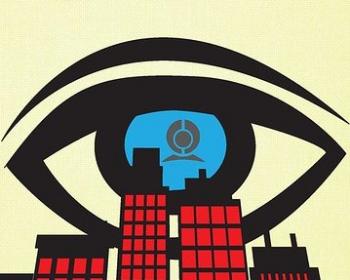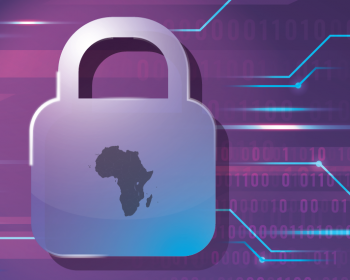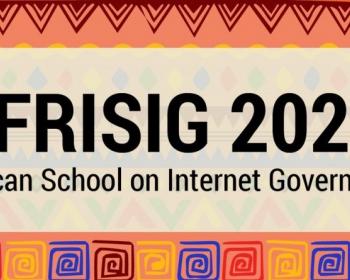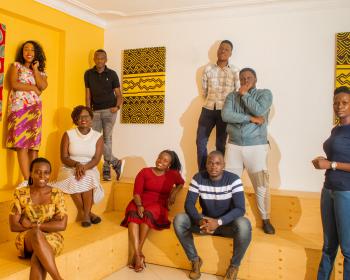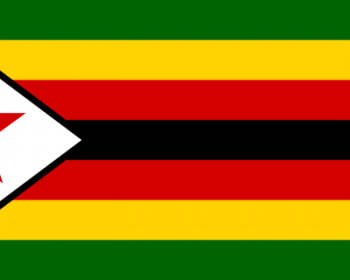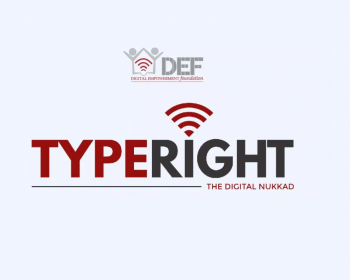Human rights and ICTs
APC has joined with over 150 other civil society organisations and independent experts to call for the moratorium following media revelations that NSO Group’s Pegasus spyware has been used to facilitate human rights violations around the world on a massive scale.
Dozens of civil society organisations and independent experts joined forces to express their alarm at the media revelations that NSO Group’s spyware has been used to facilitate human rights violations around the world on a massive scale and to call on states to take immediate measures.
In India, the drive for the digitisation of services, combined with offline violence, marginalisation and stigma, make it almost impossible for transgender persons to be considered as people who deserve equal rights.
The integrated biometric database system in Kenya exposes multilayered challenges of statelessness, loss of basic human rights and obstacles to availing government services. Through conversations with Mariam, a Nubian woman we learn about the tedious and lengthy process to obtain an ID card.
While privacy has become ever more crucial in a world where digital technologies are key to livelihoods and the promotion of other rights, there are insufficient protections for the right to privacy in many African countries, and some have steadily taken measures to undermine this right.
APC, the African Union Commission and Research ICT Africa are pleased to open the call for the 2021 African School on Internet Governance (AfriSIG). This year’s edition will take the form of a two-week online programme between 4 and 19 October. The deadline for applications is 23 August.
Meet Pollicy, a Uganda-based feminist collective of technologists, data scientists, creatives and academics working at the intersection of data, design and technology and one of the newest additions to the APC member network.
In this joint statement, APC and other civil society organisations share their perspectives on the recently concluded 47th session of the UN Human Rights Council, held in Geneva from 21 June to 13 July in a hybrid format that combined face-to-face and online sessions.
This UPR submission was co-authored by the Media Institute of Southern Africa (MISA) Zimbabwe Chapter, Small Media and Collaboration on International ICT Policy for East and Southern Africa (CIPESA), and supported by APC and numerous other global and regional organisations.
TypeRight is a research-based weekly newsletter published by APC member in India, the Digital Empowerment Foundation. It is a reflection of the advancements at the intersection of society and technology and an analysis of its impacts on people’s lives.

Association for Progressive Communications (APC) 2022
Unless otherwise stated, content on the APC website is licensed under Creative Commons Attribution 4.0 International (CC BY 4.0)




